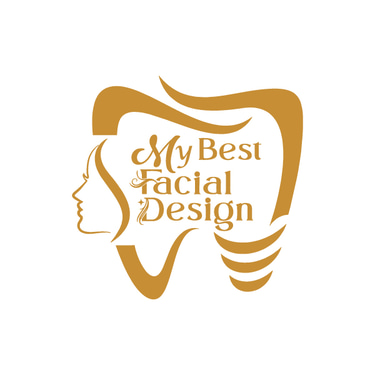Call Us: +1 239-349-7213

TMJ
Disorders
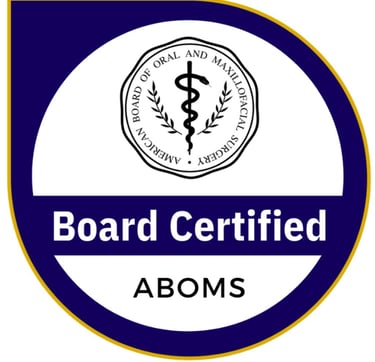

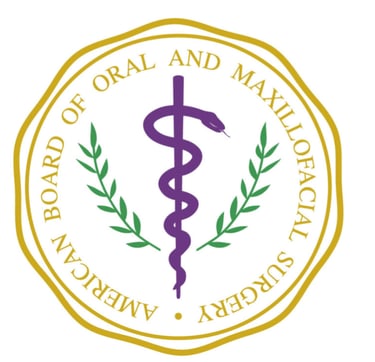



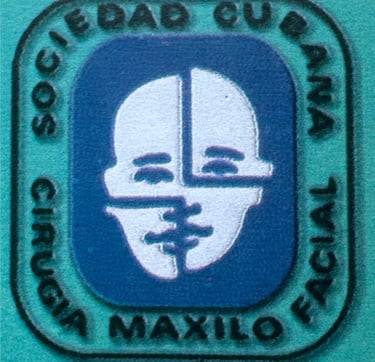

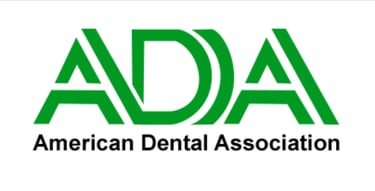




TMJ Disorders
TMJ (temporomandibular joint) disorders are a group of problems related to your complex jaw joint. Symptoms like pain or a “clicking” sound can occur when the joints of the jaw and the chewing muscles (muscles of mastication) do not work together correctly. TMJ stands for temporomandibular joint, which connects your jaw to your skull. Since some TMJ problems can lead to more serious conditions, early detection and treatment are important.
Causes of TMJ Disorders
TMJ disorders can develop for various reasons, such as:
Clenching or Grinding Teeth: This tightens jaw muscles and stresses the TM joint.
Injury or Disease: Direct damage to the jaw joint or stretching/tearing of muscle ligaments.
Arthritis: This can damage the joint directly or affect the cartilage disk that cushions the jaw joint.
Symptoms of TMJ Disorders
Grinding or clenching teeth
Sore, stiff muscles around the jaws upon waking
Frequent headaches or neck aches
Pain that worsens when clenching teeth
Jaw clicking, popping, grating, catching, or locking
Difficulty or pain when opening the mouth, eating, or yawning
Previous neck, head, or jaw injuries
Problems with other joints, such as arthritis
Teeth that no longer touch when biting
Changes in the way teeth meet
Difficulty using front teeth to bite or tear food
Sensitive, loose, broken, or worn teeth
If you experience several of these symptoms, you might have a TMJ disorder.
Treatment Options
There are various treatments to improve the harmony and function of your jaw:
Medication: Pain relievers, anti-inflammatories, or muscle relaxants.
Steroid Injections: Reduces pain and inflammation.
Self-Care Treatments:
Resting your jaw
Keeping teeth apart when not swallowing or eating
Eating soft foods
Applying ice and heat
Exercising your jaw
Practicing good posture
Stress management techniques, such as biofeedback or physical therapy, may also be recommended, as well as using a temporary, clear plastic appliance known as a splint or nightguard. These appliances help keep your teeth apart, relax muscles, reduce pain, and protect cartilage and joint surfaces.
Advanced Treatments
Bite Correction or Surgery: If your TMJ disorder affects how your teeth fit together, treatments like bite adjustment, orthodontics, or restorative dental work may be necessary. Surgical options such as arthroscopy and open joint repair are reserved for severe cases.
Dr. Manuel Miguel Rodríguez-Reyes
Dr. Manuel Miguel Rodríguez-Reyes is a highly experienced oral and maxillofacial surgeon with nearly three decades of expertise in the field. Since beginning his practice in 1995, Dr. Rodríguez-Reyes has dedicated his career to helping patients achieve optimal oral health and functional jaw alignment. He has extensive training and experience in diagnosing and treating TMJ disorders, ensuring that each patient receives the most effective and individualized care.
Throughout his career, Dr. Rodríguez-Reyes has remained committed to staying at the forefront of advancements in oral and maxillofacial surgery. His approach combines the latest technological innovations with compassionate patient care, allowing him to provide comprehensive treatment plans that address both the physical and emotional aspects of TMJ disorders. Dr. Rodríguez-Reyes's dedication to his patients and his profession has earned him a reputation for excellence in the Cape Coral community and beyond.
Contact Information:
My Best Facial Design
1212 Country Club Blvd,
Cape Coral, FL 33990
Hours: Mon-Fri: 9am-5pm
Call Us: +1 239-349-7213
